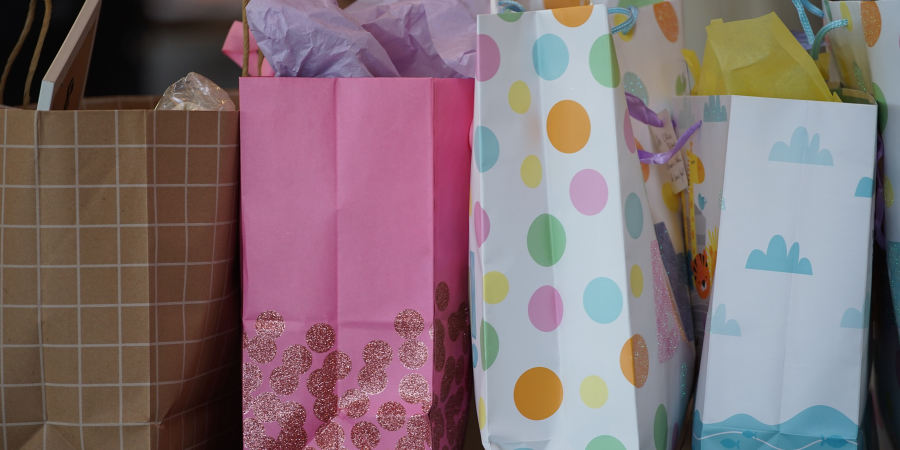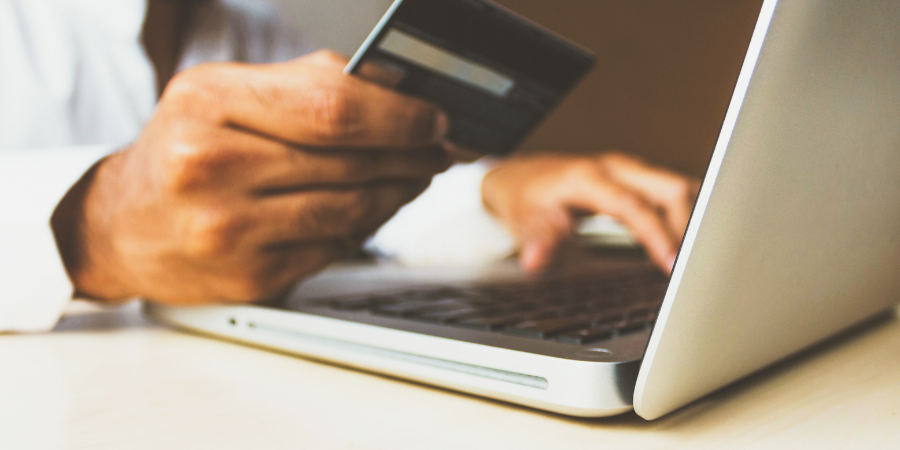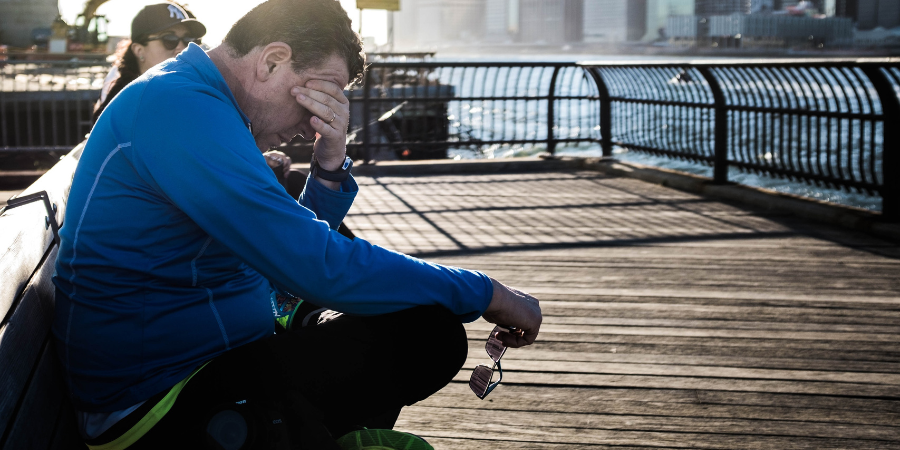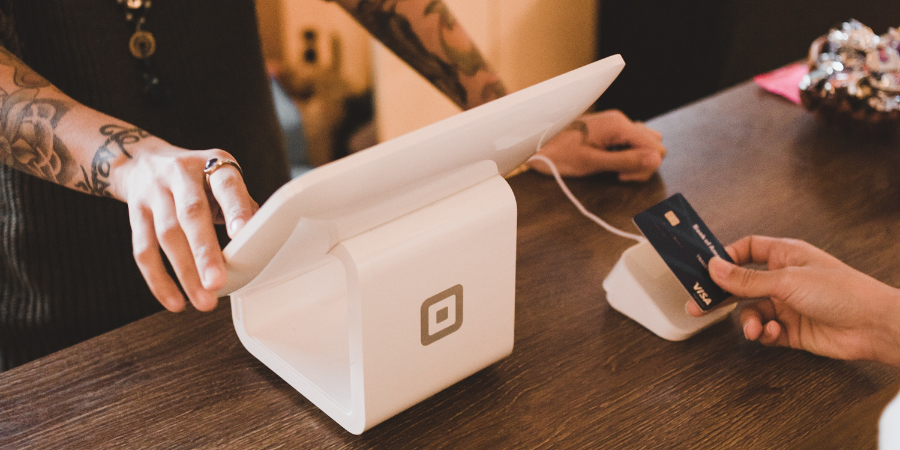
Written by:

Medically Reviewed by:
Last Updated:
March 5th, 2025
Shopping Addiction | Definition, Symptoms and Effects
- Select
- Shopping addiction
- Shopping rehab
Shopping addiction is more common than we may realise. Thanks to the internet, we can essentially buy anything we want from around the world at the click of a button. The ease with which you can purchase an item online has led to an increased amount of people dealing with a shopping addiction. In the UK, 2.5 million people are dealing with an addiction to shopping, a statistic that has only recently come to the forefront.
On this page, we’ll define shopping addiction, look at how it affects you and explain how it develops. Additionally, we will study the risks involved, the signs and symptoms to look out for, and finally, we’ll discuss the best first step to recovery.
What is shopping addiction?
Shopping addiction comes under behavioural addiction, which is characterised by the compulsion to engage in a specific rewarding behaviour, regardless of negative consequences.
Shopping addiction, also known as oniomania or compulsive buying disorder (CBD), happens when a person experiences an uncontrollable urge to shop. Although it is common and easier to make purchases online, people with this addiction also make purchases in stores.
Over time, repeated shopping creates a vicious circle whereby you become more and more dependent upon shopping to experience positive thoughts and feelings and stave off negative ones until you might be unable to stop shopping without professional help.
Causes of a shopping addiction
The initial cause of a a shopping fixation is likely the combination of several factors and not one specific reason. A variety of conditions, such as an underlying mental health condition (anxiety or depression, OCD etc.). Another possible reason is that the person addicted may have gone through a traumatic experience, and shopping offers them a release from any painful emotions.
What makes shopping addictive?
When you are about to make a purchase shopping, a brain chemical named dopamine is released. Dopamine induces intense feelings of pleasure and joy, easily distracting you from any negative emotions and thoughts.
Once the purchase is made, it’s common for the dopamine to subside, and you’ll no longer experience feelings of pleasure. If you’re feeling chronically unhappy, you’ll likely crave another dopamine “high”, encouraging you to continue making more purchases.
The difference between impulsive and compulsive shopping
Often used interchangeably, impulsive and compulsive have different definitions and ramifications.
Impulsive shopping:
Impulsive shopping refers to the desire to own the product in question. You will feel the need to own the product and will proceed to purchase it to satisfy your urge.
Compulsive shopping:
Compulsive shopping refers to the urge to purchase the product, as opposed to owning the product. You will feel you need to purchase to satisfy your urge. You probably have no use for the item, yet you will feel the need to purchase it as it will release your mental tension.
The four stages of compulsive shopping are:
- Anticipation: you start feeling the urge to shop.
- Preparation: you prepare to go shopping. You prepare by deciding where to shop, what you will wear and how you will pay for the purchases.
- Shopping: You will experience temporary relief and pleasure.
- Spending: You will start to feel frustrated with your actions soon after making the purchase.
The risks of shopping addiction
Dealing with financial issues is the obvious consequence of being addicted to shopping online or in a physical store. When you can’t control your urge to go shopping, you will likely spend your rent or food budget on shopping, placing yourself at risk. The emotional impact can be just as damaging, causing anxiety, low self-esteem and depression. Furthermore, such financial issues could cause a breakdown in relationships. For example, your partner may not understand why you’re spending rent money on shopping, thus giving way to arguments. Lastly, addiction to shopping can have serious physical and mental health consequences. These include:
- Obesity: To help cope with the stress of a shopping addiction, many shopping addicts will try to relieve their stress by eating for pleasure.
- Sleep disorders: Shopping addicts will be preoccupied with thoughts of shopping and often have difficulty sleeping as a result.
- Heart problems: A fixation on shopping introduces excess stress to your being. Excessive stress can cause heart problems such as high blood pressure and palpitations.
Ten shopping addiction facts
- Low-income groups can be addicted to shopping, although they tend to shop where prices are lower.
- Shopping addicts find it difficult to admit they have a problem.
- Shopping addicts often buy items they can’t afford, don’t need or cannot use.
- The most popular items shopping addicts purchase are clothing, shoes, jewellery, cosmetics and household items.
- Shopping addicts tend to shop by themselves.
- It can be genetic.
- Shopping addicts often experience depression, tension and boredom after making a purchase.
- Most shopping addicts will have multiple credit cards.
- Items purchased by shopping addicts are often forgotten, hoarded, hidden or given away.
- Antidepressants can alleviate this addiction, according to a report from Stanford University.
Can shopping addiction be cured?
Shopping addiction is a severe condition that can have devastating consequences. However, there are rehab treatments available that can help you overcome your addiction. Therapy will enable you to understand the deeper reason behind shopping addiction. Once you understand this, you have the chance to overcome it. Ultimately, you can learn to control your impulses and manage your shopping addiction with the help of professionals.
The next steps
You can overcome your shopping addiction and lead a healthy, happy life. The first step is to seek help from a mental health professional. Primrose Lodge has years of experience treating shopping addiction, with professional equipment and staff on hand ready to help you regain control over your life. In addition, we offer you a comfortable and safe environment to overcome your shopping addiction. Learn more about our method for Shopping addiction rehab.






